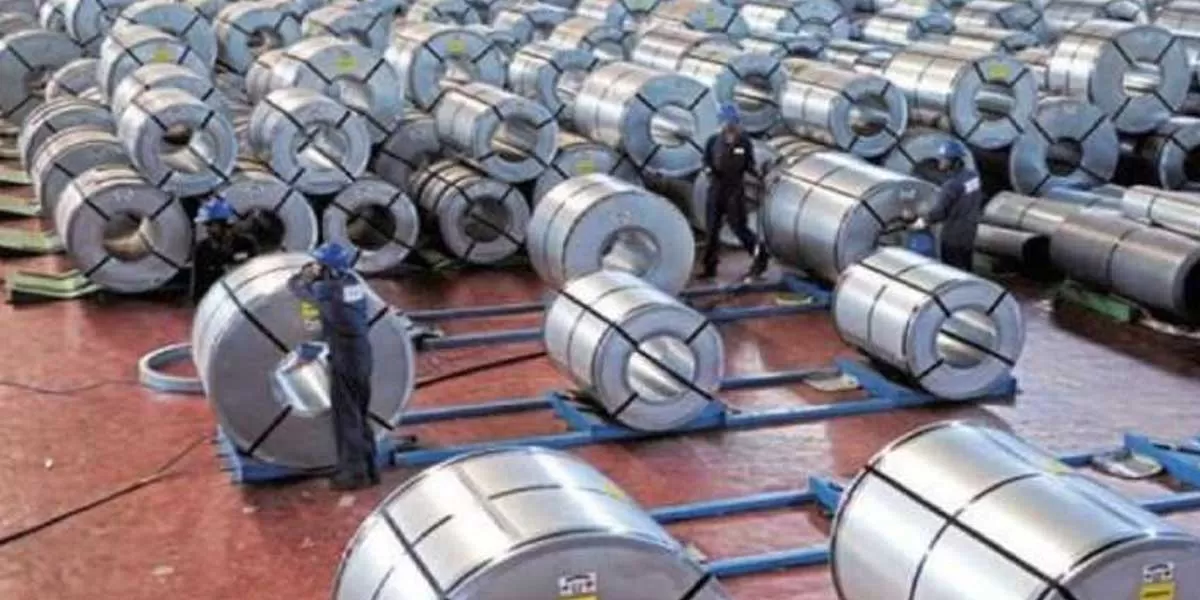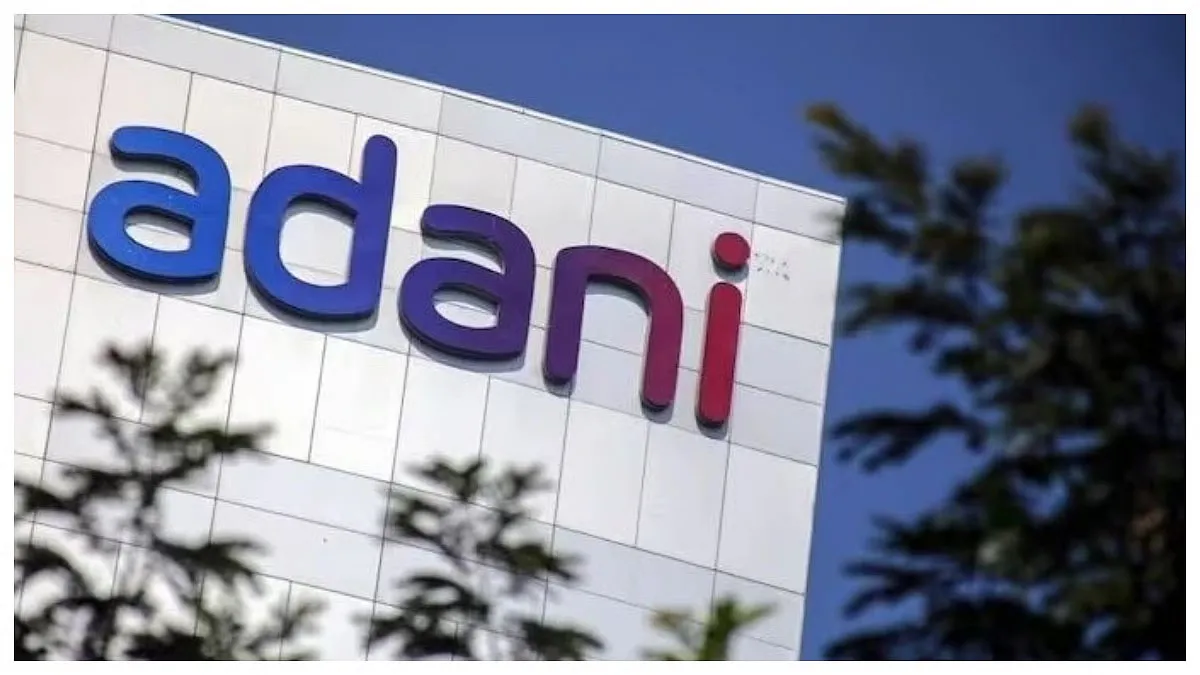
Vizag Steel Plant Misses Payment; Lenders Seek Remedies

Highway Guidelines 2.0
In August 2025, a Public Accounts Committee comprising members of the Lok Sabha and Rajya Sabha presented a report, ‘Levy and Regulation of Fees, Tariffs, User Charges etc on Public Infrastructure and Other Public Utilities in the context of the Ministry of Road Transport and Highways (MoRTH) and the National Highways Authority of India (NHAI).Having examined present design accountability, subcontracting, pavement failures, emergency response mechanisms, toll reforms, service quality, stakeholder consultations and other aspects, the Committee presented recommendations covering the planning a..

Railways approves major upgrade for Telangana traction lines
The Ministry of Railways has approved the upgradation of the electric traction system in two crucial railway sections — Medchal–Mudkhed (225 km) and Mahbubnagar–Dhone (184 km). The projects, costing Rs 1.93 billion and Rs 1.23 billion respectively, will enhance the electric traction capacity from 1X25 KV to 2X25 KV. The work includes modifications to circuit breakers and switching stations, along with the installation of additional conductors. These routes serve as vital links between Northern and Southern India via Hyderabad. Once completed, the upgraded system will reduce voltage dro..

Adani to invest Rs 425 billion more in Maharashtra’s Dighi Port
The Adani Group has committed to invest an additional Rs 425 billion in the Dighi Port project, located along Maharashtra’s coastal Konkan belt, government officials announced on Monday. Adani Ports and Special Economic Zone (APSEZ)-run Dighi Ports signed a memorandum of understanding (MoU) with the Maharashtra government to undertake the expansion of the port and related infrastructure. This new commitment comes as part of a broader investment initiative by the state. Chief Minister Devendra Fadnavis said the agreement is among 15 MoUs worth over Rs 560 billion signed during the opening d..
















